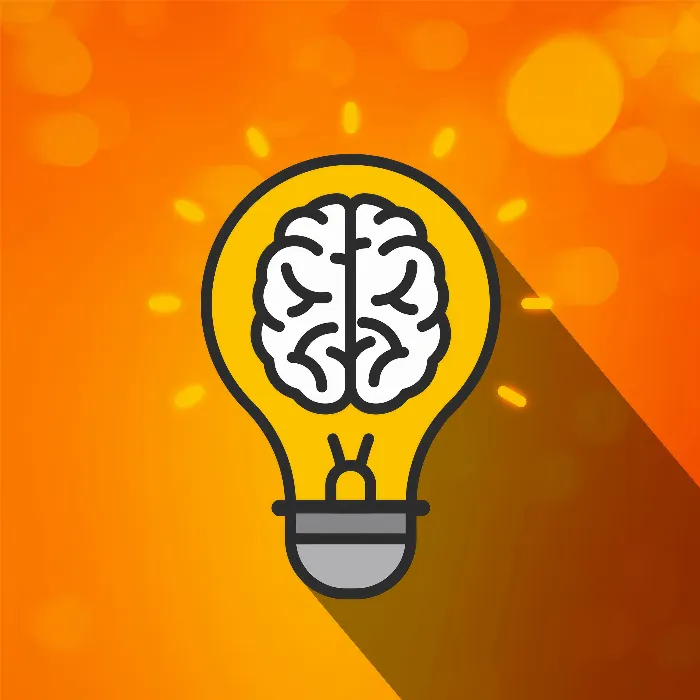A famous quote by Steve Jobs states that "Great things are not done by a single person, but are done as a collective." It is a simple truth that is often overlooked in a world that glorifies superheroes and lone warriors. The example of Thomas Edison, who relied on far more than just his own abilities in the invention of the light bulb, impressively demonstrates how important it is to accept help and recognize the strengths of others. In this guide, you will learn how to harness the power of collaboration to achieve your goals and grow personally.
Key Insights
- There are no "self-made people"; success is often the result of teamwork.
- Accepting help is a sign of strength, not weakness.
- A "growth mindset" fosters the willingness to recognize weaknesses and learn from them.
- People are often more willing to help than you can imagine. Don't hesitate to ask questions.
Step-by-Step Guide
1. Recognize Your Strengths and Weaknesses
Before you can ask others for help, you need to be clear about your own strengths and weaknesses. Sit down and take an honest inventory of your abilities. What are you good at? Where do you see potential for improvement? When you have a clear picture of yourself, it becomes easier to ask the right questions and find the appropriate help.
2. Learn from Others
No one knows everything. This is an important insight on your journey to becoming more effective. The best learners are those who draw inspiration from the experiences and knowledge of others. Use the opportunity to learn from people who are more experienced or have skills that you lack. This will not only advance you but also expand your network.
3. Develop a "Growth Mindset"
A "growth mindset" means that you are willing to work on yourself and take responsibility for your learning. It also means that you are ready to acknowledge your weaknesses and seek support. Accepting that you can't do everything is not shameful; it is a skill that you need to develop.
4. Ask Questions
If you find yourself in a conversation and don’t understand something, don’t be shy. Nodding and agreeing is easy, but it won't help you grow. Take proactive steps and ask for clarification. For example, say: "I didn't quite understand that. Could you explain it to me more closely?" Most people appreciate sharing their knowledge, and you will be surprised at how helpful they are when you ask for clarity.
5. Make Helpful Behavior a Habit
It is human nature to want to help others. Once you become accustomed to asking for help, you will see how much support people offer you. Even if things don't work out and you encounter misunderstanding, don’t let it discourage you. This often means that the person is struggling to share the information or feels uncomfortable disclosing their knowledge.
6. Share Your Knowledge
Once you have learned from others, it is important to pass on your knowledge. You have asked questions, accepted help, and it is only fair that you share your newly acquired knowledge with others. This not only fosters your own development but also creates a sense of community and mutual support. This will further strengthen the willingness to learn and help within your network.
Summary – Accepting Help: The Key to Shared Success
Accepting help is an essential skill on your path to personal growth and achieving your goals. In collaboration with others, you can specifically improve your own abilities, expand your network, and find the support you need. Remember, it takes courage to recognize your weaknesses and ask for help – but it will pay off when you create an environment that supports learning and development.
Frequently Asked Questions
How do I recognize my own strengths and weaknesses?Sit down and take an honest inventory of your abilities and areas where you want to grow.
Why should I accept help?Accepting help shows that you are willing to learn and grow. It is a sign of strength.
What is a "growth mindset"?A "growth mindset" means that you are willing to work on your abilities and accept learning and weaknesses.
How can I ensure that I can help others?Share your knowledge and experiences with those who are less experienced. It creates a supportive environment.


